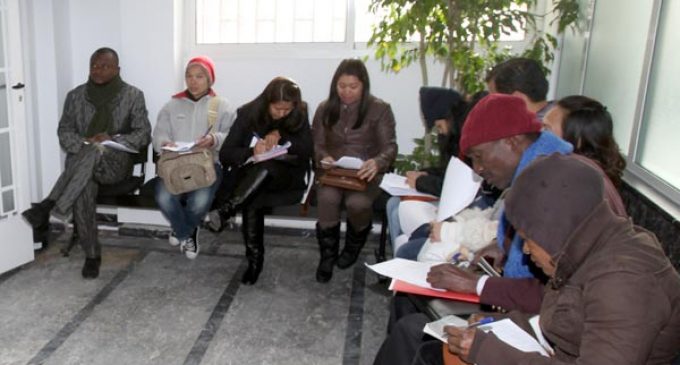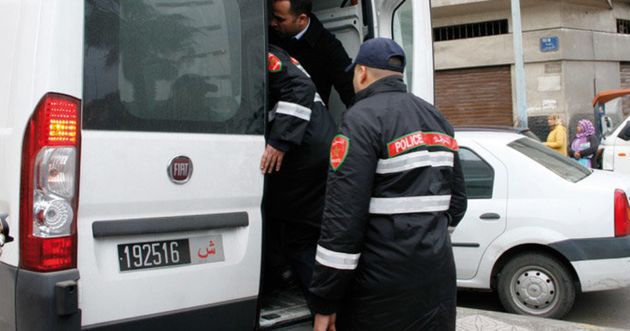 Spain’s State Secretary for Security, José Antonio Nieto, urged the European Union to lend more support to the migration policy launched by Morocco, which is steadily becoming more of a destination than a transit country.
Spain’s State Secretary for Security, José Antonio Nieto, urged the European Union to lend more support to the migration policy launched by Morocco, which is steadily becoming more of a destination than a transit country.
Nieto told Spanish daily ABC that Morocco has undertaken “colossal efforts” to combat illegal migration at a considerable cost that requires the EU to bring in more support.
The Spanish official voiced satisfaction with the level of cooperation with Morocco in curbing the flow of illegal migration, saying that “Morocco, which has been sincerely cooperating on migration issues without receiving much, is also in need of help.”
He drew a comparison with the agreement signed between the EU and Turkey, which managed to drastically reduce the number of migrants reaching Europe as an example to follow.
In 2017, illegal migrants arrivals increased by 10% in Spain while they decreased by 77% in Greece.
Spain seemed like a forgotten EU border far away from the tragedies of the refugee crisis that ensued the Arab Spring and the influx of migrants and refugees in 2015. When the EU saw over 1 million sea arrivals in 2015, only a few thousands were registered in Spain, thanks to close cooperation with Morocco where authorities have took measures that drastically curbed illegal migration attempts.
Frontex itself recognized the key role Morocco plays in preventing the surge of migration to the EU. In a 2015 report, the EU border agency said that thanks to close cooperation with Morocco, Spain, the only European country adjoining Africa- with two outposts within Morocco’s mainland (the Spain-occupied enclaves of Ceuta and Melillia)- has been spared by the wave of refugees and migrants that hit Europe. When 1.3 million asylum applications were lodged in EU countries, only 13.000 were registered in Madrid.
Yet, with the closure of the Balkan route after the EU-Turkey agreement and the deteriorating security conditions and the crackdown on migration in Libya, many would-be migrants started to see in the heavily patrolled Moroccan coasts and land borders with Spanish cities of Ceuta and Mellilia an alternative.
Some 10,000 people have taken the Moroccan route in 2017 in comparison to 2500 in 2012. Thus, Spain has outpaced Italy as the fastest increasing entry point for illegal migrants.
Attempts at storming the borders of the two Spanish exclaves in Morocco, Ceuta and Melilla, and embarkations on board dinghies are making the headlines in Europe with the UN warning that Spain is on course to overtake Greece in terms of illegal migrant arrivals.
Fortress Europe, which has been adopting a security approach to tackle the humanitarian challenge of migration, has proven its utter failure in managing migration. The need for a North-South approach taking into consideration the development needs of migrant emitting countries and transit countries such as Morocco is urgently needed.



